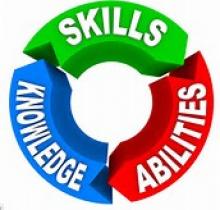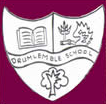Asses sment is crucial to tracking progress, planning next steps, reporting, and involving parents/carers and learners in learning. Evidence of progress can be gathered by learners themselves and by fellow pupils (peers), parents/carers, teachers and other professionals.
sment is crucial to tracking progress, planning next steps, reporting, and involving parents/carers and learners in learning. Evidence of progress can be gathered by learners themselves and by fellow pupils (peers), parents/carers, teachers and other professionals.
A number of approaches are employed including the following:
- Self-assessment – learners will be encouraged and supported to look at and revisit their own work to develop a better understanding of what they have learned and what they need to work on
- Peer assessment – learners will be encouraged and supported to work together to help others assess what is good about their work and what needs to be worked on
- Personal learning planning – children, teachers and parents/carers will work together to develop planning for next steps in learning
Your child’s progress is not only based on ‘tests’ but on the learning that takes place within the classroom and in different settings out with the classroom.

Evidence of children and young people’s progress and achievements will come from day to day learning and through the things they may write, say, make or do. For example, evidence may emerge as a result of children and young people taking part in a presentation, discussion, performance, or practical investigation.
Evidence may be captured as a photograph, video or audio clip as part of a particular learning experience.
Assessment takes place as part of on-going learning and teaching, periodically and at key transitions. Systems for tracking children’s progress are in place, including termly recording by teachers of their assessments in reading, writing and mathematics; baseline and periodic assessments of key literacy and numeracy skills; individual assessments of the needs of children with additional support needs; and close monitoring of the progress and attainment of individuals and classes by the Head Teacher.
